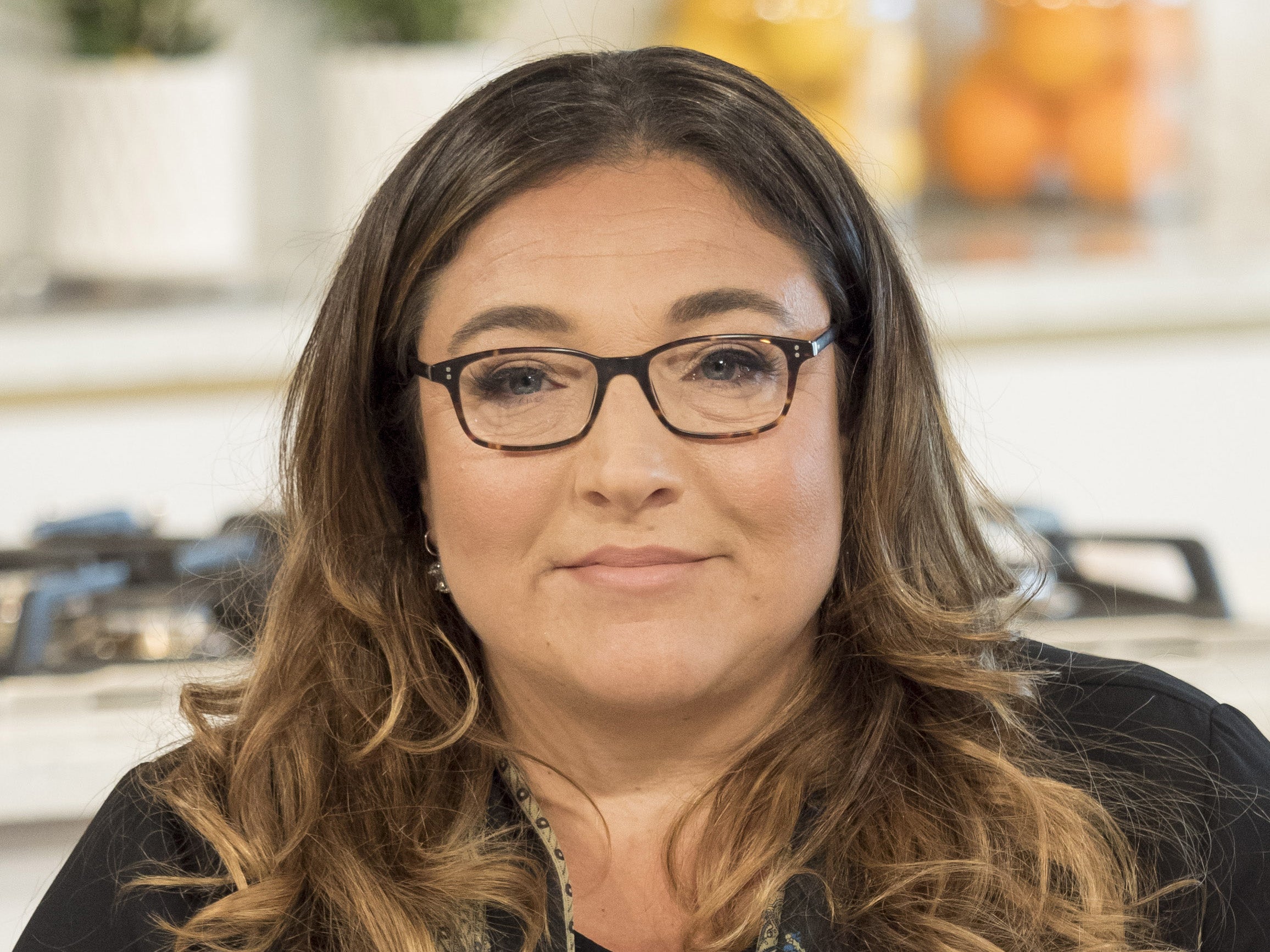I’m no pushover with pampered kids – but labelling struggling children ‘snowflakes’ needs to stop
We’re seeing far too much of this archaic ‘stiff upper lip’ attitude, which damages resilience by shutting the door on self-care and awareness


I’ll surprise nobody by saying that the media is full of “snowflake” chatter of late. The Daily Star was called out by mental health campaigners for its recent headlines including “Snowflake kids get lessons in chilling” – a piece about how children are being taught mindfulness techniques in schools – and I’m sure I don’t need to mention which infamous breakfast presenter is a strong supporter of this type of labelling; often causing lots of emotional reactions from viewers who love to hate him.
These headlines create controversy but, sadly, that’s not all they’re responsible for.
The one-sided narrative they provoke shows no clear distinction between stories of enabling parents and entitled children, and children who are truly struggling with the everyday challenges of mental health issues. And having worked with thousands of families over the years I’m confident that if we allow this dangerous labelling narrative to continue, we will create a hostile environment where our young people will feel unable to trust and connect with us. An environment where they will be unable to thrive and unable to use tools to help themselves manage their mental and emotional daily troubles.
As anyone who’s watched my shows will know – I’m no pushover. I am the first to say I’m firm and fair. However, when it comes to the snowflake conversation there’s a huge difference between wrapping children in cotton wool and empowering them.
For example, if we don’t allow children to develop their own independence and “snowplough”, we could well create the so-called snowflake attitude. Here though lies the problem. The snowflake narrative is being used when children are facing, and dealing with, life’s real problems like social anxieties and the mental struggles of families living in poverty or facing school bullying.
Resilience can only form if we face, and learn how to be better equipped to manage, our problems. The school that the Daily Star was talking about that provided mindfulness classes was, in fact, building mental resilience and empathy. It wasn’t wrapping pupils in cotton wool, it was empowering those young people to manage their mental wellbeing themselves. It was an attempt to still their racing minds or the worries that could be present at home so that they could be their very best at school.
Thinking that people shouldn’t have any support in life is another issue. Of course we need independence, but who says that should mean doing everything alone and in isolation? That won’t make us stronger. Together is always better.
We’re seeing far too much of this archaic “stiff upper lip” attitude, which damages resilience by shutting the door on self-care and awareness. This is something the Duke of Cambridge has spoken out about. We can keep calm and carry on, but there’s no reason why we shouldn’t keep calm and carry on with help – the positive results will be far greater after all, not just for children but for the country.
The very definition of “resilience” is “the capacity to recover quickly from difficulties” – but you can’t recover from your difficulties if you ignore them. In the short term, you might appear to be coping, but longer-term, your resilience will be less manageable and the negative impact will likely be much greater on your overall health.
And yet we’re hearing the snowflake term bandied about because we apparently “talk too much” about mental health problems and wellbeing. Because we are giving young people the tools, such as mindfulness, and breathing techniques to better deal with life’s difficulties. It makes no sense. For more than 20 years on and off camera I have used such practices with families to great success.
The reinforcement of the snowflake narrative will only serve to decrease resilience. There is a responsibility on behalf of the media to provide balanced conversations on the issue of children’s mental health, rather than one-sided sensationalism. Let us all do our part in changing that for our children’s sake.
Jo Frost is a parental/family expert, author and TV personality known for her series ‘Supernanny’
Join our commenting forum
Join thought-provoking conversations, follow other Independent readers and see their replies
Comments
Bookmark popover
Removed from bookmarks